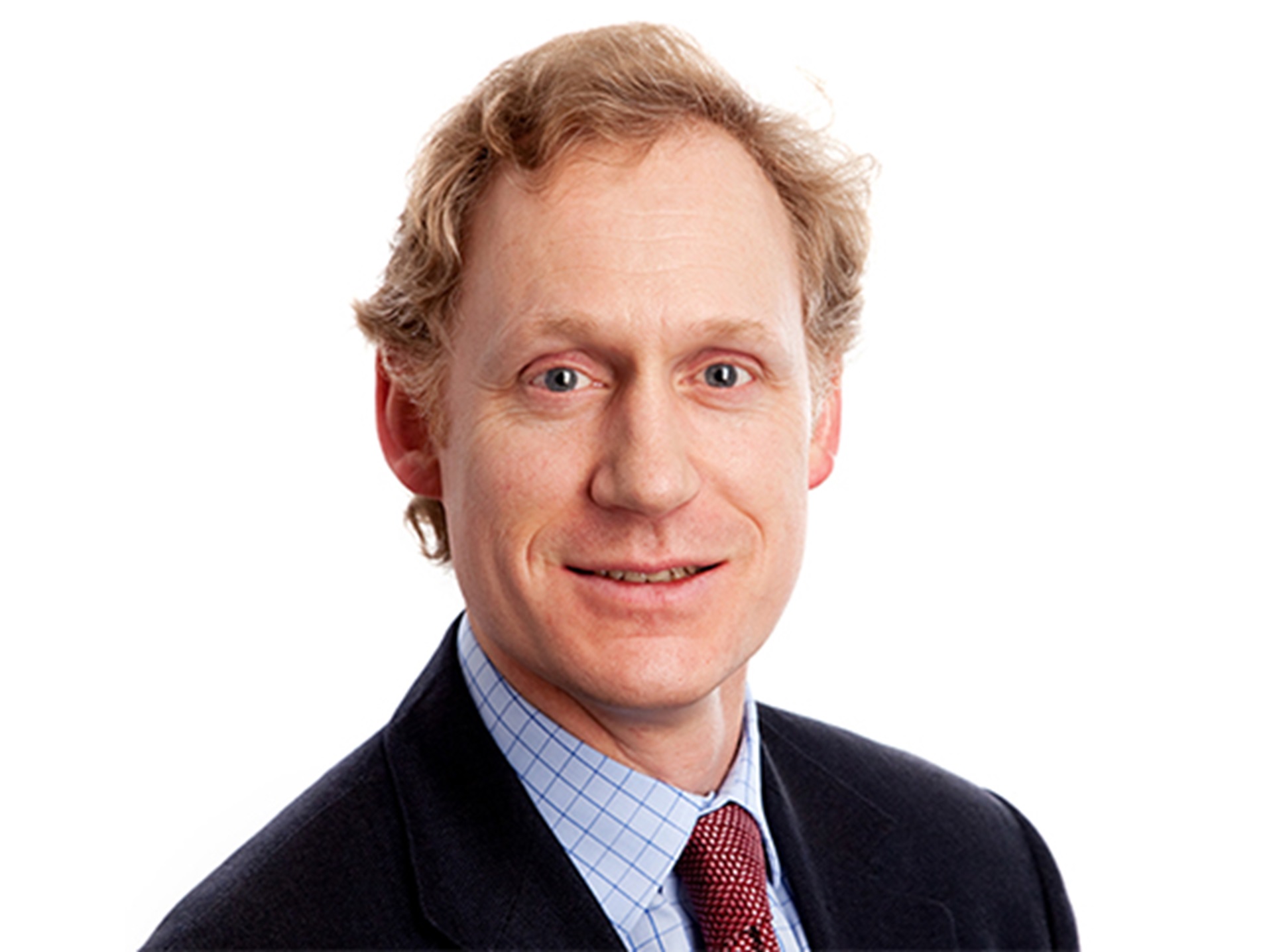Completion date: PhD (clinical) 1995
Professor Tim Eisen completed his PhD in 1995 at the Marie Curie Research Institute in association with the Institute of Cancer Research. He is currently Head of Oncology Early Clinical Development at AstraZeneca and Professor of Medical Oncology at the University of Cambridge. His special interests are the treatment of melanoma, lung and kidney cancers.
Tim carried out his Clinical Research Fellowship studying the molecular biology of melanocytes, coinciding with his interest in melanoma. He discovered that a molecule called BRN-2 is responsible for certain aspects of gene expression unique to melanocytes and melanoma cells.
After completing his PhD, he went onto the Senior Registrar rotation at the Royal Marsden Hospital. “When I was at the Royal Marsden, I was very much aware of the excellent work going on at the ICR and how it’s translated into clinical benefit,” he says.
We caught up with ICR alumnus Professor Tim Eisen where he shared his career advice and thoughts about working in industry.
Following three years at University College London, he returned to the ICR and the Royal Marsden in 2001 as Senior Lecturer in Medical Oncology. He became Professor of Medical Oncology at the University of Cambridge in 2006. Since 2014, he has been on leave of absence to work four days per week at AstraZeneca where he oversees early-phase oncology trials.
Reflecting on his time at the ICR, Tim says: “It’s a wonderful place to do a PhD – because of the huge variety of things going on, the calibre of the people, the importance of the work and the high chance that it will be of clinical relevance - which is of critical importance to both clinicians and non-clinicians alike.”
“If I had my time again, I would look very closely for organisations like the ICR and the Royal Marsden where the whole development chain is important – from discovery science to clinical trials and excellent care of patients. That’s what I think makes a great institution,” he advises.
“In my current role, the global importance of the ICR and Royal Marsden is more obvious to me now than ever and it’s a real privilege to continue to work with colleagues there,” he adds.


